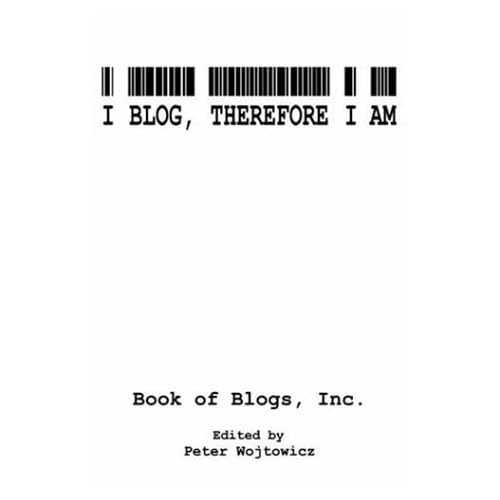Isn’t the life of a law student already hectic and busy enough as it is?
Why on earth would anyone want to post material on the Internet for others to read or listen to? And why would other law students care to access it?
Research into pedagogue, the science of education, indicates that students learn best and retain information better when they participate, interact, and teach the information to others. Furthermore, creating a centralized resource of study information can minimize duplication of efforts between students.
In other words, cooperating and working with others can in the long term actually save you study time and perform better on exams. Best of all, most students actually report a higher satisfaction with their educational experience. Contrast this to the stereotype of a ruthless and competitive environment perpetuated by some law schools.
Many law students already have a blog up and running. None to date have attempted to create a participatory environment and a collective resource open to all.
What about liability? And how will this affect articling opportunities?
Like anything written online, common sense should prevail. However, there is little harm in expressing opinions on subjects related to law. To the contrary, it is an excellent way to demonstrate to potential employers your expertise and enthusiasm for the subject.
A number of lawyers and firms have already started blogging and podcasting, some of whom can be found on the blogroll. Kevin O’Keefe of the Real Lawyers Have Blogs site has quoted Gary Stein’s tips on how to promote a law firm using a blog.
Several smaller firms in Canada have found the Internet, and blogging in particular, and an inexpensive and practical way to to be found. Larger firms like Osler LLP have used podcasts as a resource for existing and potential clientele. Lang Michener LLP even provides counsel on how to properly use blogging in a corporate atmosphere, and some lawyers such as Rob Hyndman in Toronto actually make a practice of specializing in technology and social media.
Group legal blogs exist as well. Concurring Opinions features faculty at prestigious law schools across the U.S., and several notable lawyers as authors and contributors. Several major law schools have faculty blogging regularly, including University of Alberta, Osgoode Hall, University of Chicago, and Harvard Law.
The prevalence of social media in corporate communications is anticipated to grow exponentially. Most large firms will expect associates to be familiar with the medium. New lawyers will likely have more expertise than partners who have had less opportunity to interact with the technology.
How can I get involved?
The intent of this site is to create a collaborative forum of law enthusiasts across Canada. We are always willing to take on more authors who have something valuable to contribute.
Some resources on participative learning are provided below for starters. Commenting and demonstrating insight on a subject helps the conversation flow. And feel free to contact the admin team to participate further.
Social media enthusiasts have long said, “I blog, therefore I am.” This is your chance to leave your mark.
“Audentes fortuna iuvatâ€
(Fortune favours the bold)
– Virgil’s Aeneid, book X, line 284
Resources
Instructor’s Guide for “Problem-based Learning: how to gain the most from PBL
ABC of learning and teaching in medicine: Problem based learning
What is Problem-Based Learning (PBL)?
Creating a Culture of Co-Learners with Problem-Based Learning

